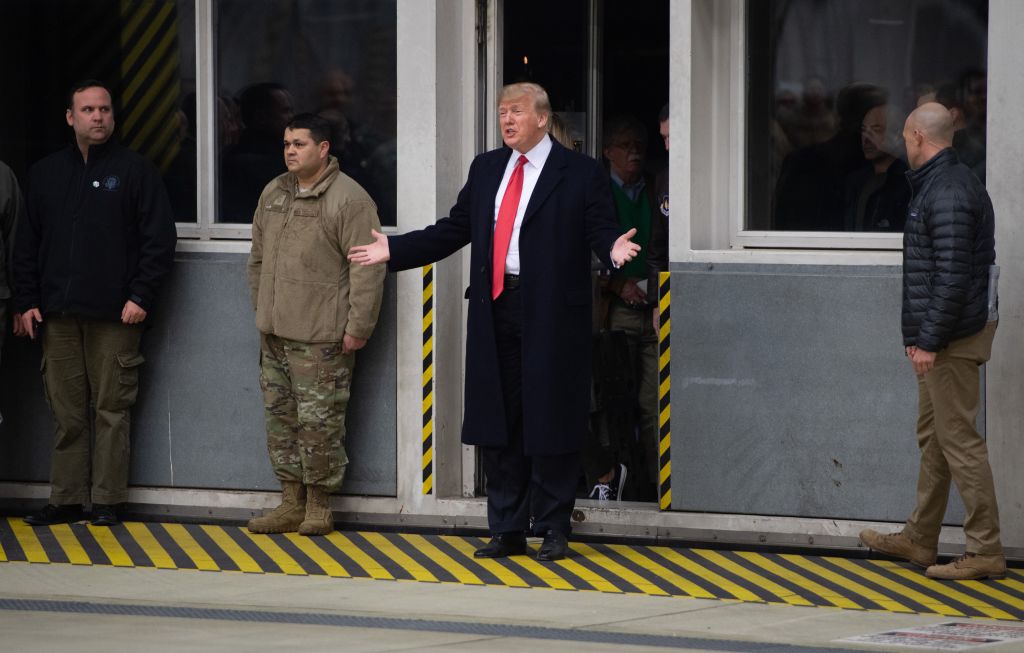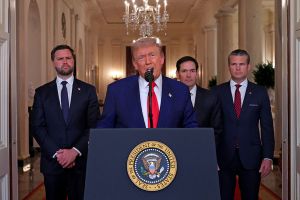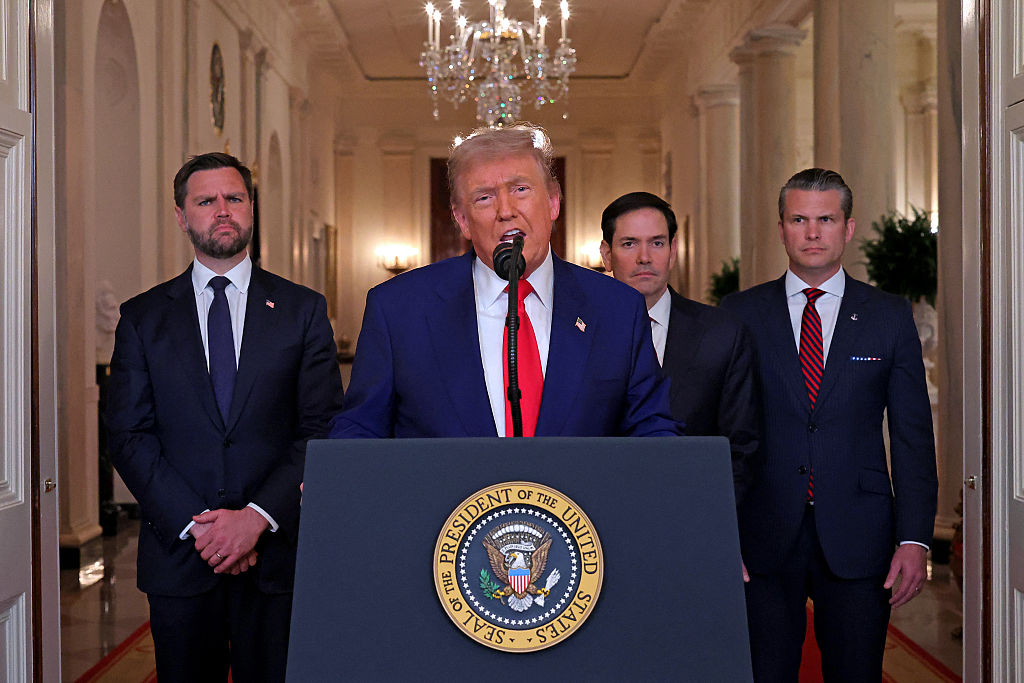Tensions between Germany and the United States have increased considerably since Donald Trump became President. Trump has repeatedly criticized Berlin for a variety of things, most vocally accusing the German government of failing to pay its way on defense. Trump has said that Europe’s Nato members, including Germany, should no longer rely so heavily on the US to shoulder the costs of maintaining the alliance. The debate has focused on the target agreed by all alliance members that defense spending should reach 2 percent of each country’s GDP by 2024. Germany’s military expenditure equaled 1.4 per ent of its GDP in 2019.
Now, without any advance notice, Trump has ratcheted up tensions with Germany, by reportedly approving a plan to withdraw 9,500 American troops from bases in Germany by September. Under a memorandum signed by White House National Security Adviser Robert O’Brien, the US troop presence in Germany will be reduced from 34,500 to 25,000 service members who are permanently assigned in the country. The move could be seen as a personal attack by Trump on Angela Merkel following what was reportedly a frosty phone call between the two at the end of May, when the German Chancellor torpedoed Trump’s hopes of holding a G7 summit in the US in June.
But by withdrawing troops, Washington not only risks handing a strategic advantage to Russia but also undermining its ability to operate in the Middle East and Africa. The headquarters of the US Africa Command and European operations are located in Stuttgart, and the Ramstein air base in western Germany is a highly important logistics staging post for any operation in the Middle East and Afghanistan.
The decision also diminishes the already battered diplomatic credibility of the White House. Just a few months ago, the US was going to conduct a massive trans-Atlantic military exercise that involved over 20,000 troops and 20,000 pieces of equipment being shipped to Germany before moving to Poland, Latvia, Lithuania, and Estonia — making it the largest US troop movement across the Atlantic in 25 years. Such operations, particularly in the Baltic States, were seen as part of the psychological battle with Russia, which has deployed around 500,000 troops in its western military district. The 1997 Founding Act on Mutual Relations, Cooperation and Security between Nato and the Russian Federation does not allow a long-term deployment of Nato troops in the former countries of the eastern bloc, which is why the 9,500 soldiers cannot move to Poland permanently. The new turn of events will play into the hands of the Kremlin.
It will also not have the impact it desires. It is rather unlikely that Germany will suddenly increase its defense spending. The reaction in Berlin to Trump’s move has been mostly negative in the past few days, taking aim at the President’s erratic behavior and a potential loss of trust between Germany and the United States. German foreign minister Heiko Maas described Berlin’s relationship with the US as ‘complicated’ in a recent newspaper interview. No government official or high-ranking politician has said either that it is time to change the country’s military strategy entirely. It would take years and billions in public spending for Germany to build up its military clout — which seems even more unlikely in the light of the COVID-19 crisis.
[special_offer]
After World War Two, Germany and the United States developed a close military alliance. US troops have been deployed in Germany since 1945, with up to 400,000 troops stationed in West Germany at the height of the Cold War. After 1990, the public became rather critical of the American military presence in Germany, as some argued that it would violate Germany’s political sovereignty and others said that the country could become indirectly involved in US wars, if it operated from its base in Germany.
The federal governments under Merkel and her predecessors have usually stressed the importance of the bilateral alliance, but many in Berlin feel that working with Trump has become an impossible task. The hope now is that the removal of the troops will take a couple of months or will be somehow delayed by the Pentagon until the presidential election in November, so that the relationship between Berlin and Washington can be rebuilt in the aftermath. But if Trump wins re-election, it seems unlikely the President will row back on his decision to send the troops home.
This article was originally published onThe Spectator’s UK website.

























